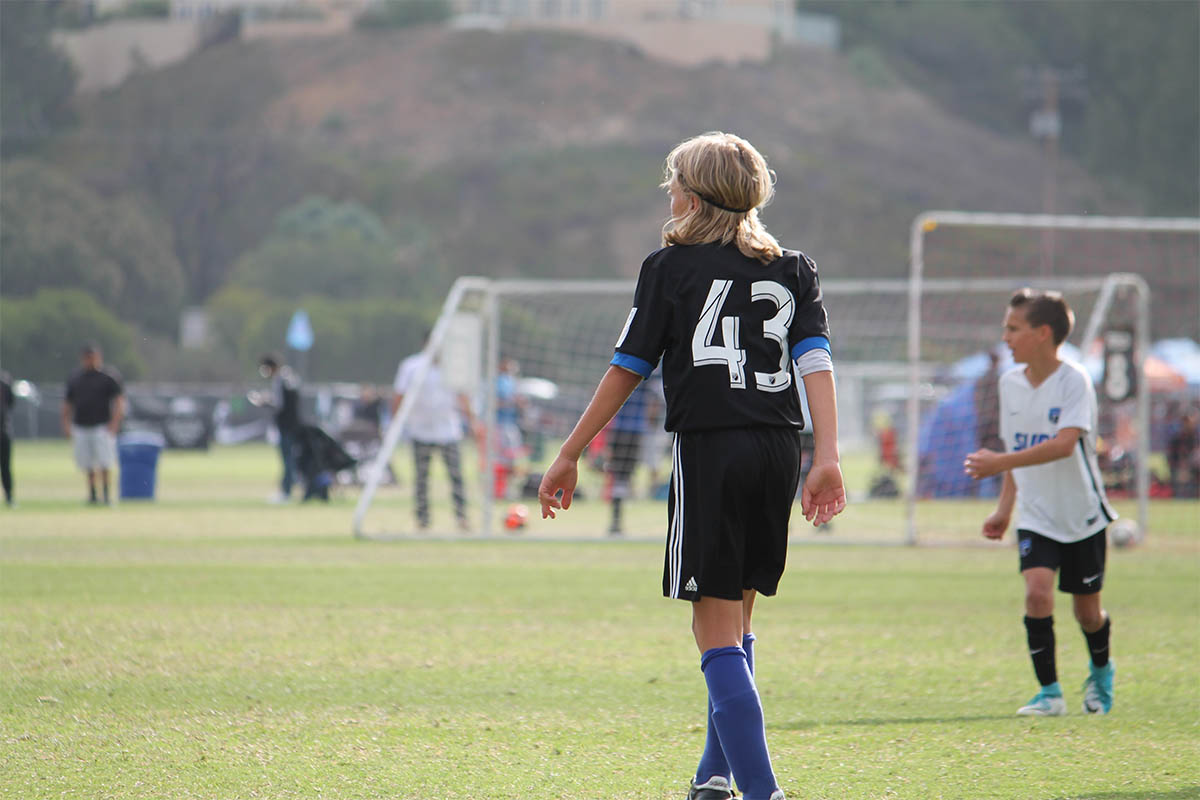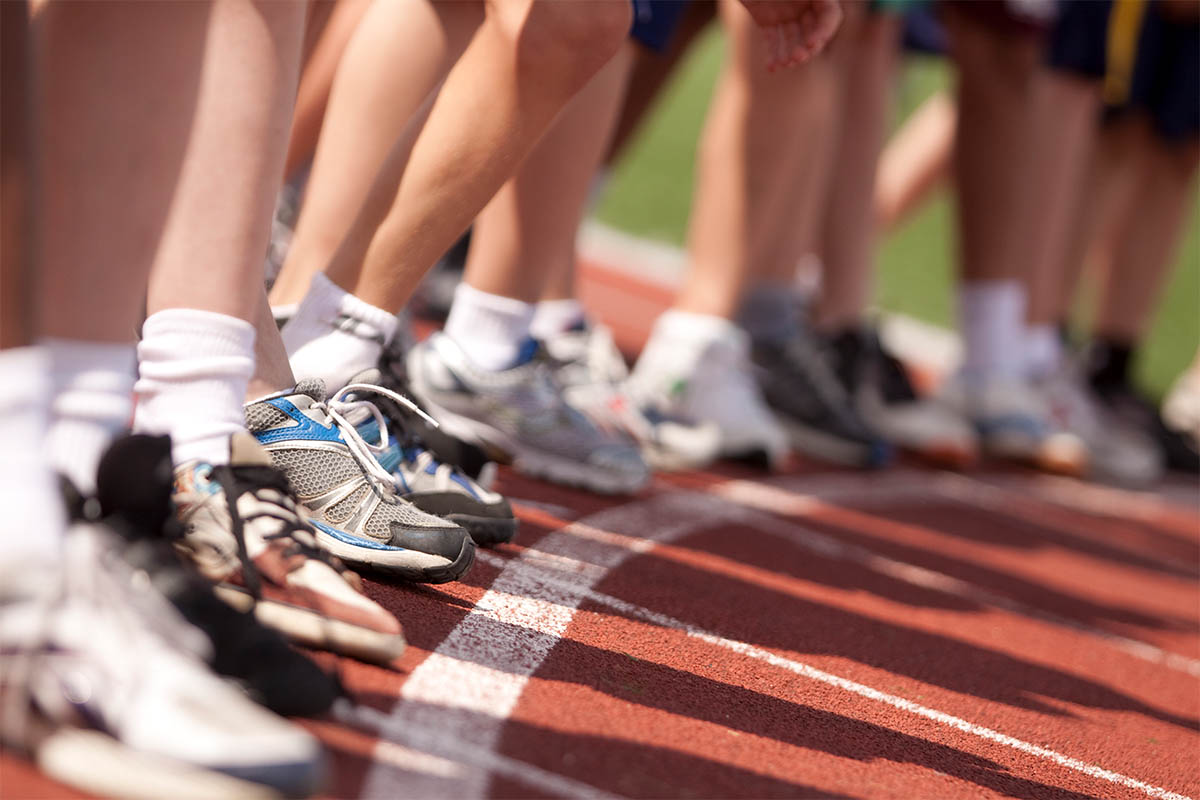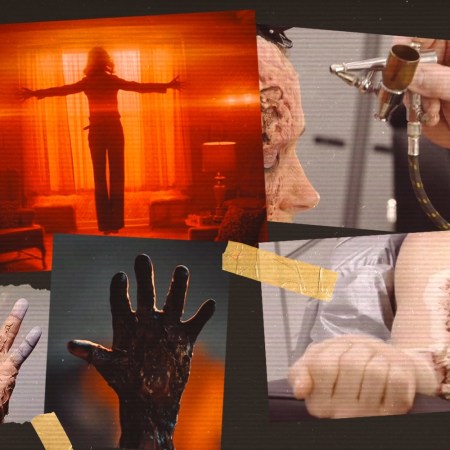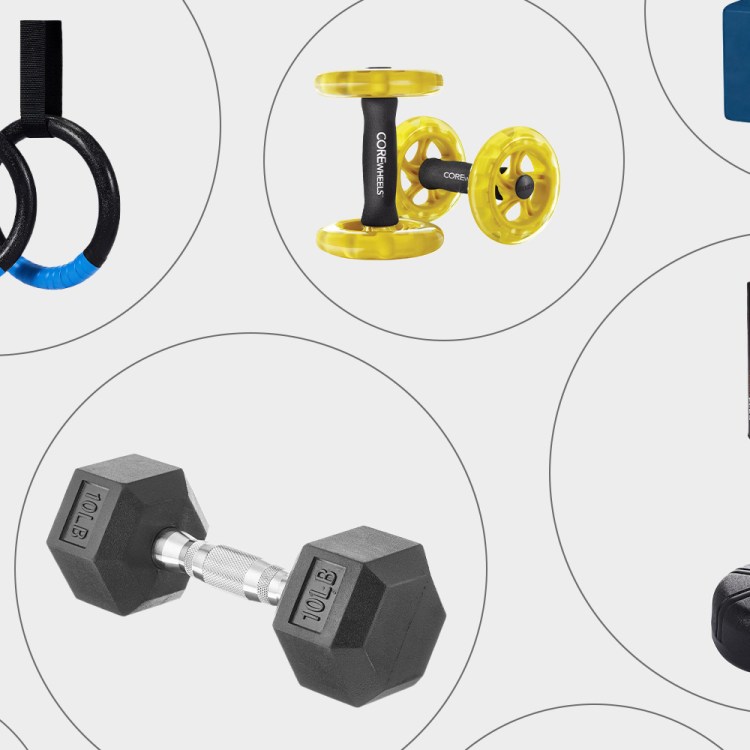According to a recent study published in the European Journal of Sport Science, athletic metrics before the age of 15 have virtually zero predictive value for future success, as reported by Outside.
A team of researchers at Belgium’s Ghent University pored over records from youth cycling championships across the country, specifically focusing on the under-15, under-17 and under-19 age groups. Crucially, they looked at finishes from a while ago — from athletes born in the early nineties — so they could cross-reference the results with professional cycling careers. This analysis narrowed the field down to 307 cyclists, 32 of whom went on to compete for four years or more on the pro circuit.
The data revealed that these eventual pros weren’t exactly toasting the field throughout their teenage years. In fact, they only really started to stand out when they made the leap to the under-17 group. And even at age 18, future stars were only logging top 10 finishes against other kids from their area about a quarter of the time.
Some other fascinating takeaways: the success rate of the young cyclists took a hit each time they reached a new age group (whenever they were forced to compete against older kids), and in comparing the stats of those born in the same year, mere months could spell an advantage. Those born at the beginning of a year performed better over those born in the last six months. That said, the discrepancy faded as the kids got older.

Of course, this is just one study, about one specific sport, in one small country. But considering that youth sports is usually the domain of “eyeball tests” and over-eager, pseudo-intellectual parent-coaches, it’s nice to have some science to look at for a change. Plus, it’s about an endurance sport, which has some irrefutable quantitative markers. The data suggests that when kids are struggling to keep up in those pre-high school years, they definitely shouldn’t give up. At the same time, we shouldn’t be so quick to put a crown on the biggest, fastest eighth grader.
The industrial complex of youth sports, with its camps, tournaments and recruiters, spends more time and money on so-called “skill sports.” So it’s tempting to dismiss this study as having little to do with basketball, or soccer, or golf, where talent and practice can produce special results at a young age. But keep in mind — adolescent stars burn out all the time, due to pressure, boredom, exhaustion, poor coaching or all the above.
This study might serve as a reminder that in spite of a system that rewards or encourages impressive performances at increasingly young ages, there is always more time. And that time should be nurtured carefully — with special attention to rest, recovery and mental health — especially in the case of athletes with the most promising careers ahead of them.
Meanwhile, those of us who didn’t manage to compete at the collegiate or professional levels, perhaps we shouldn’t view our athletic careers as “over.” Some bodies are just on a bit of a delay. With time and training, you can reach a level of fitness some coach couldn’t see in you decades ago. Consider: The average age of a marathon runner is 40.
Whether you’re looking to get into shape, or just get out of a funk, The Charge has got you covered. Sign up for our new wellness newsletter today.
















